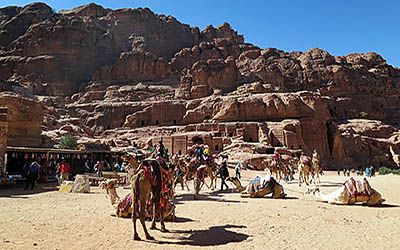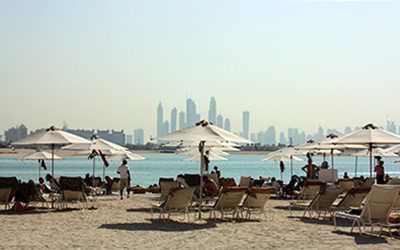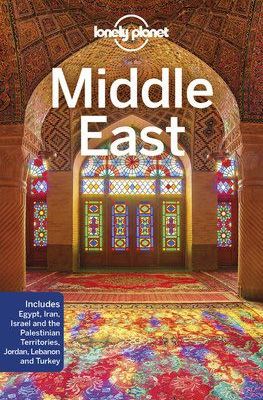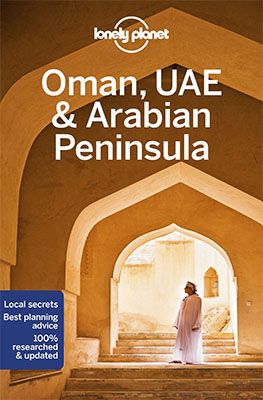Middle East
The Middle East in a nutshell
The term Middle East dates back to the 19th century, indicating not only a geographical but also a political separation between Europe (the West) and the Far East. The region is one of the sources of human civilisation and the birthplace of various world religions. It is also an area of modern economic and political significance. As a result, the Middle East has become a popular destination for travellers.
Ethnically, the region is extremely diverse. Besides Arabs, Persians and Turks you will find Kurds, Copts, Jews, Druze, Assyrians, Armenians and so on. And each group has its own language, customs and sometimes country. In addition, there are many Afghans, Filipinos, Indians, Pakistanis but also Westerners who often go there to work temporarily.
The region stretches from Turkey in the northwest and Egypt in the southwest to Iran in the east and the Arabian Peninsula in the southeast.
Although we have enjoyed visiting various countries in the Middle East in recent years, travel to certain countries, such as Syria, Iraq, Lebanon, Yemen and Iran, is not recommended. Always check the travel advice on https://www.gov.uk/foreign-travel-advice before booking a holiday to a country in the Middle East.
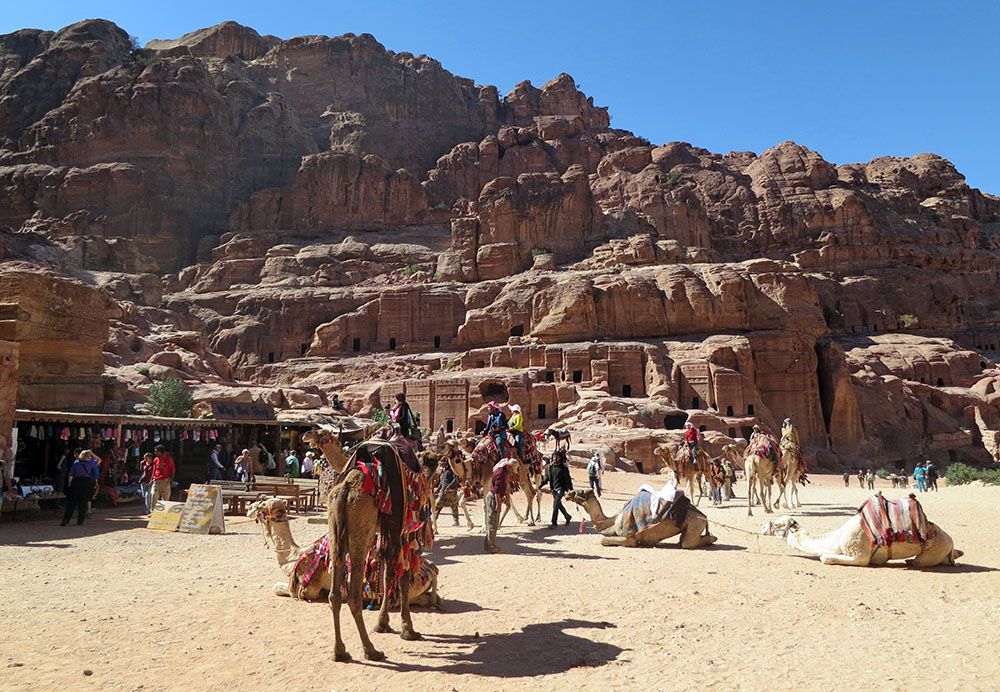
Countries in the Middle East
Bahrein
Bahrain is mainly known as a rich oil state and for its Formula 1 circuit. You will find beautiful sandy beaches. For divers, Bahrain is a true paradise thanks to the beautiful coral reefs and the many wrecks off the coast.
Djibouti
This country has a lot to offer but has barely been discovered by tourists. That is why you can experience traditional and authentic life here perfectly. Djibouti has some great dive sites.
Egypt
Egypt is known for its pyramids and royal tombs. A Nile cruise is the highlight for many tourists of their visit to this country. The seaside resorts of Hurghada and Sharm el-Sheikh are very popular, also because of the beautiful diving and snorkelling spots.
Iran
Iran, formerly Persia, is known for its rich history. You will find beautiful temples, palaces, castles, ruins and mosques. In the many National Parks that Iran is rich in, you can spot the rare cheetah. Finally, Iran has a number of beautiful beaches.
Iraq
Due to years of violence in Iraq, tourism to this country has come to a virtual standstill. In the south it is relatively safe. Here, tourism is slowly recovering.
Israel
In Israel, you can relive Biblical history. The most important city is Jerusalem with the Wailing Wall among other things. The Dead Sea with its high salt content is a well-known natural phenomenon that attracts many tourists. Tel Aviv is a modern city. Israel has beautiful beaches where you can do all kinds of water sports.
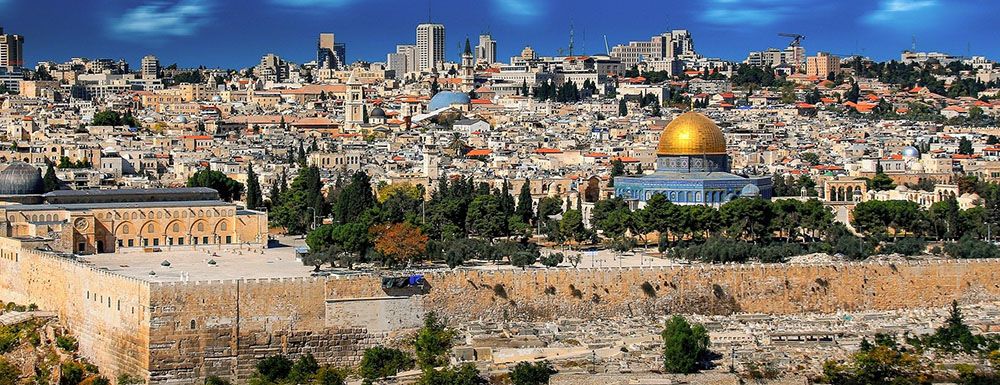
Jordan
Jordan’s most famous landmark is the ruined city of Petra. Here you will find about 500 monuments between the rocks. However, the country has more historical sites and in the Dead Sea you can float on the salt water, while in the Red Sea diving and snorkelling is a delight thanks to the beautiful coral reefs.
Kuwait
The oil state of Kuwait is not known as a tourist destination. Due to the heat and deserts there is hardly any flora and fauna. The coastline of Kuwait is beautiful with some nice harbours.
Lebanon
Due to all kinds of tensions in recent years, tourism to Lebanon has come to a standstill. This keeps the historic cities with many temples, churches and castles, the beautiful sandy beaches and the beautiful dive sites out of reach of Western holidaymakers.
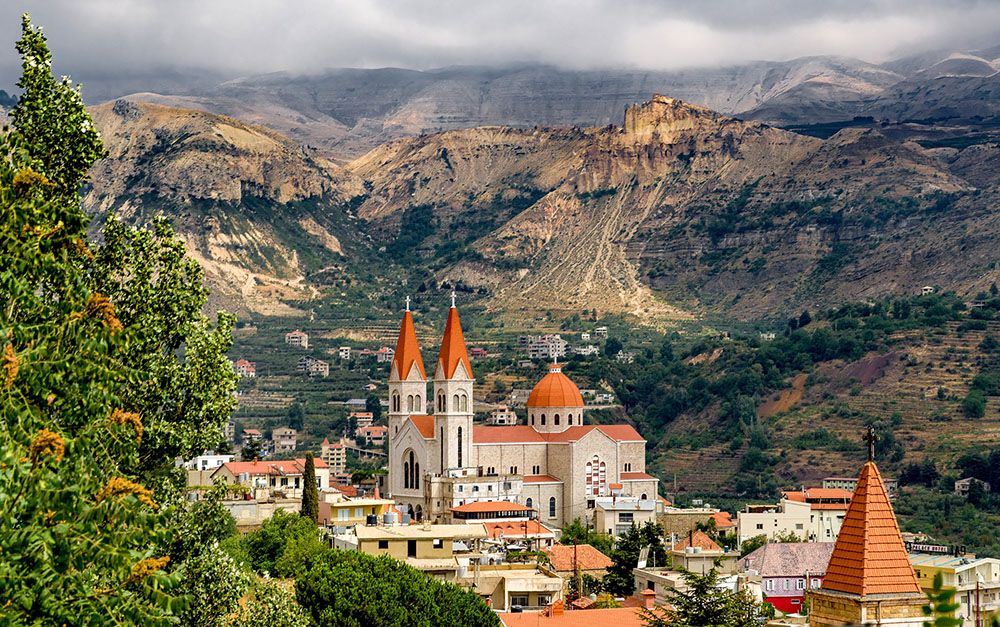
Oman
Oman is a very interesting holiday country. Several tribes still live in the country according to centuries-old traditions. The coast of Oman is ideal for a beach stay and water sports. In addition, Oman has many beautiful forts, waterfalls and historic cities.
Palestine
Due to the severe violence in Palestine as a result of the tensions with Israel, this country is not a holiday destination.
Qatar
Oil State Qatar is called the best kept secret in the Persian Gulf. The country has a beautiful coastline with sandy beaches with good dive sites. In 2022, the football World Cup will be held in Qatar and the whole world will be able to see what Qatar has to offer.
Saudi Arabia
Saudi Arabia is known for the holy places of Islam: Mecca and Medina. However, these cities are forbidden territory for non-Muslims. Saudi Arabia has a long coastline with wide sandy beaches. On these beaches you can also encounter dromedaries. The Red Sea is a popular dive site.
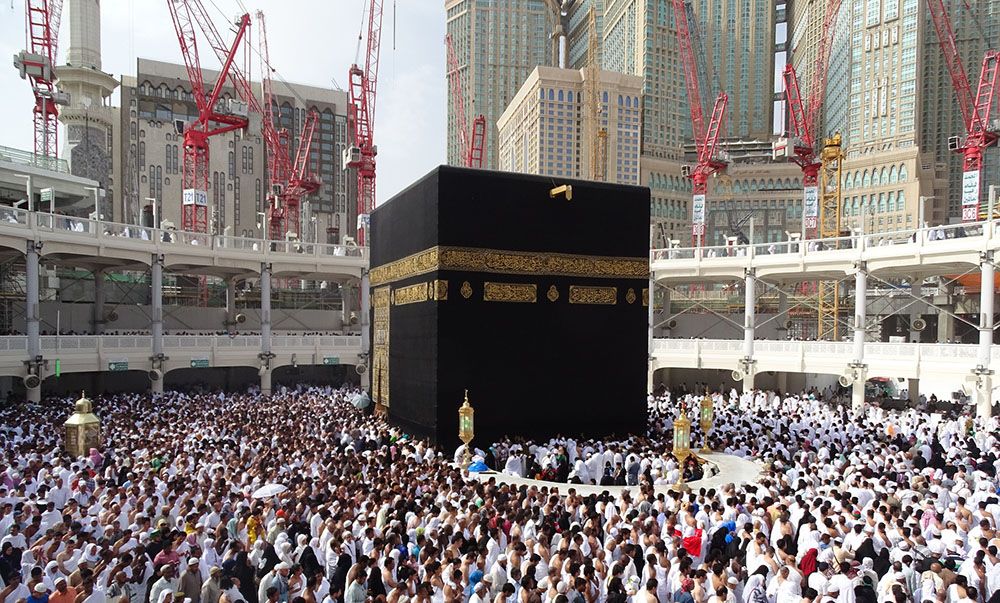
Syria
Unfortunately, due to the years of war in Syria, tourism to this country is not possible. Therefore, historical places like Damascus, the oldest inhabited city in the world, Aleppo and Palmyra are inaccessible.
Turkey
Turkey is a popular holiday destination, and rightly so. The nature is beautiful, like the tuff formations in Cappadocia. Historic cities like Ephesus are world famous and the coast offers fantastic opportunities for a beach holiday and water sports.
United Arab Emirates
The remote desert dunes in the interior, the archaeological sites in the Hajar Mountains and the beautiful wadis in the border region with Oman are beautiful. However, most tourists come to the UAE for the cities of Dubai and Abu Dhabi.
Yemen
Tourism to Yemen is currently discouraged due to the security situation. This is a pity, because the country has a lot of beautiful things to offer, including many beautiful dive sites.
Jordan
Jordan, situated in the Middle East, offers a rich mix of archaeological treasures and natural wonders. The ancient cities of Petra and Jerash are impressive historical sites, while Wadi Rum and the Dead Sea offer breathtaking...
United Arab Emirates (UAE)
The United Arab Emirates (UAE) is a federation of seven emirates on the north-eastern side of the Arabian Peninsula. It is a country with a rich history and a melting pot of cultures. It’s an interesting destination for many travellers for a luxury city trip to...
Climate of the Middle East
A large part of the Middle East has a dry or semi-dry climate. As a result, the landscape largely consists of desert soil. The many sandstorms that can occur on the Arabian Peninsula are characteristic, along with the ferocious heat that prevails in summer in many countries and the large temperature differences between summer and winter in countries such as Iran and Iraq.
Travelling in the Middle East
Public transport is poor compared to other parts of the world, including other parts of Asia. Most transport between countries takes place by plane or car. Although you can travel between most countries in the Middle East by plane, some countries (currently) have restrictions, including Iran. But travelling to and from Israel is not easy either, as Israel is not recognised by most countries in the region.
This is definitely something to take into account as a stamp from a country like Israel (and Iran) in your passport can cause problems if you wish to travel to other countries in the region (or the United States). Our advice is to always read the current government travel advice.
If you want to visit several countries in the region during your holiday, consider taking a cruise from Dubai or Abu Dhabi!

Healthcare in the Middle East
In the oil states of the Middle East and Israel, medical facilities are generally good. This is certainly the case in big cities. In more remote areas medical care may be limited.
No vaccinations are required for a trip to almost all the countries in the Middle East. However, it is recommended to be vaccinated against DTP and Hepatitis A. In some areas there is a limited risk of malaria in certain months.
Hygiene may be lower in some Middle Eastern countries, such as Egypt and Turkey. As a result, holidaymakers run the risk of getting diarrhoea. Tap water is out of the question, buying mineral water is necessary.
Personal travel advice
Due to the shorter distance and travel time from the Netherlands than, for example, destinations in America and the Far East, this region also perfectly lends itself for shorter holidays of, for instance, a week in countries like Jordan, Israel or Egypt, or even a long weekend in Dubai or Abu Dhabi. We will be happy to give you some personal travel advice, considering your personal preferences. See the dedicated page where you can request personal travel advice.

